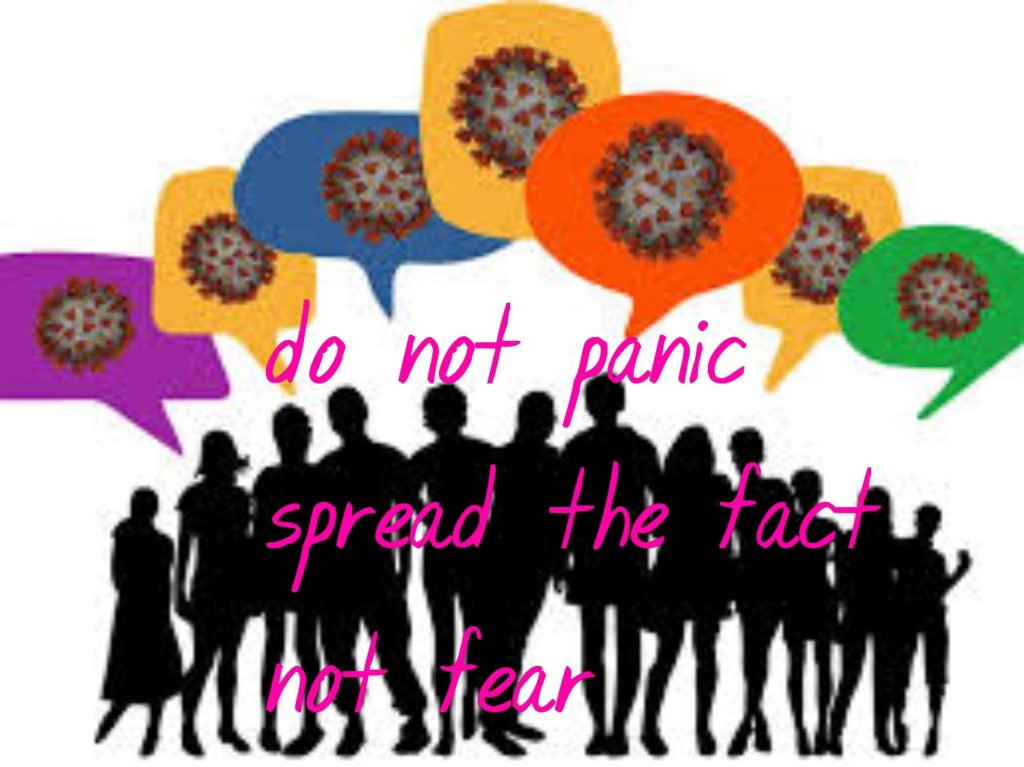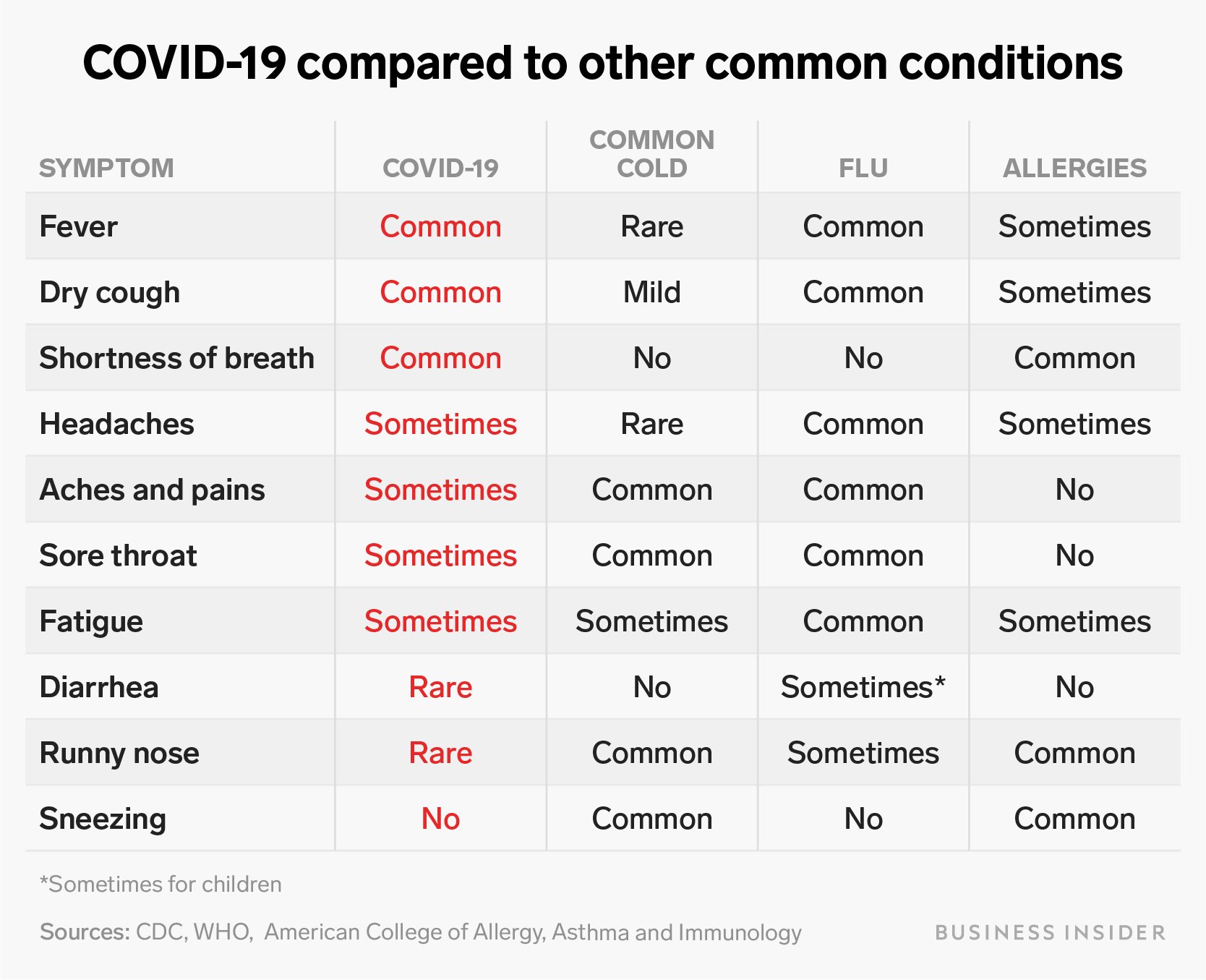Most of us are familiar with the term ‘Asthma’, but let us take a look again at what asthma is.
Asthma is a chronic inflammation of the airways of the lungs characterized by recurrent and reversible airway obstruction. In a lucid term, the airways of the lungs narrow and swell and produce extra mucus. This leads to obstruction, thereby, preventing air from leaving the lungs. This makes breathing difficult and trigger coughing, wheezing (high pitched sound) and shortness of breath.

Signs and symptoms
The signs and symptoms vary per person but generally they include:
. Shortness of breath
. Chest tightness or chest pain
. Cough (often worse at night)
. Whistling or wheezing sound (high pitched sound) when breathing
. Increasing difficulty in breathing
What are the causes of asthma?
The fundamental causes of asthma are not known. But the strongest risk factor for developing asthma are a combination of genetic predisposition with environmental exposure to inhaled substances and particles that may provoke allergic reactions or irritate the airways e.g. smoke, dust, pollen, chemicals, cold air, exercise and extreme emotions like anger and fear. Broadly speaking, asthma is an ALLERGIC REACTION.
Management
Asthma can usually be managed with rescue inhalers to treat symptoms and controller inhalers to prevent symptoms. Also, severe cases may require longer acting inhalers that keep the airways open and also oral steroids.
Also let us take a look at what COVID 19 is
COVID 19 is a highly infectious disease caused by the severe acute respiratory syndrome coronavirus 2 (SARS Cov2 ).
Signs of COVID-19
Many of the key signs of COVID-19 such as coughing, shortness of breath and chest tightness are also typical features of asthma.
But having these symptoms as an asthma patient does not necessarily mean you will have COVID-19. How then can you tell them apart?
- Look for more distinguishing symptoms of COVID-19 such as fever and body aches.
- Usually with asthma, you have an inducer like an allergen. So, try allergy treatments. If those treatments reduce the symptoms then that is a sign that it is just allergies and not COVID-19.
- Asthma symptoms should also improve by using your rescue inhaler. If this does not happen, seek medical attention.
Though, asthma has been listed by the US center for disease control and prevention (CDC) to be one of the underlying health conditions that puts one at a higher risk for more severe cases of COVID-19. The good news is that it does not mean you are going to get it.
As at present, there is no evidence suggesting that people with asthma are more likely to be Infected with COVID-19 than anyone else. It only increases the odds for a more severe case of COVID-19 if contracted. This is because when a person contracts a respiratory virus, the infection sets the body’s immune response in motion. In people with asthma, this can cause overproduction of substances that can worsen inflammation.
Meanwhile, COVID-19 is slightly different. It causes an inflammation process inside the lung tissues rather than the usual bronchial inflammation that occurs in asthma and this can trigger and worsen asthma symptoms. Although, asthma may not be a risk factor for contracting COVID-19, poorly controlled asthma may lead to more serious illness for those who contract COVID-19.
This is because the virus may trigger an asthma attack or lead to other acute respiratory disease like pneumonia. In general, people with asthma who also get infected with the coronavirus tend to have more severe symptoms.
Extra care and precautions for people with asthma in the midst of COVID-19 pandemic
- People with asthma should take extra care when any type of respiratory illness is spreading in their community.
- Avoid asthma triggers.
- Use your medications as prescribed by your physician. Avoid experimental treatment (self-medication).
- Follow the COVID-19 prevention directives (Washing hands regularly with soap and running water, using hand sanitizers, practicing social distancing etc.).
- If symptoms persist after the use of medications, seek medical
attention.
DO NOT PANIC. By doing the needful you can always stay safe from COVID-19.

Further reading:
Spread the fact not the fear:https://www.healthgist.net/covid-19-spread-the-fact-and-not-fear/
Which policy will save the world: https://www.healthgist.net/covid-19-which-policy-will-save-the-world/

Oyewole Ibukun is currently a Medical student of Olabisi Onabanjo University. She has a passion for seeking knowledge with a creative, detail oriented and analytical mindset.

